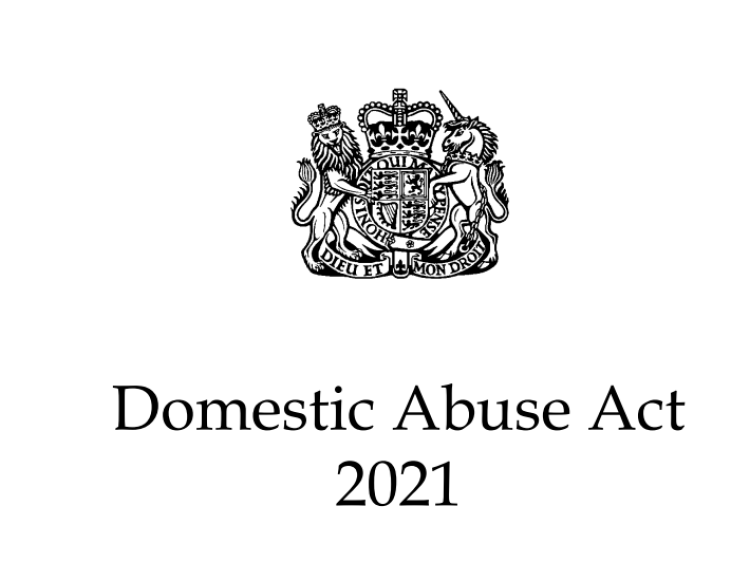Fiona Bowman offers suggestions on how to approach the subject of domestic abuse for line managers who suspect that a member of staff is affected.
If you suspect that a member of staff is experiencing domestic abuse, you should facilitate a conversation to discuss this. Shying away from the subject of domestic abuse can perpetuate fear of stigma and increase feelings of anxiety. Often staff will not feel confident in speaking up, so making the first move to begin a conversation can be key.
If the staff member is working from home, then encourage them to meet with you in a safe place for a work-related reason and take that opportunity to ask some unintrusive questions. Don’t broach the subject of domestic abuse online as the perpetrator might be monitoring online activity.
Adopt the following first steps
- Have regular contact with the staff member using work-related reasons
- Build a trusting relationship
- Listen
- Encourage
- Don’t force
- Ask about other areas of their life to get a conversation going
Open questions
Once you have established the lines of communication and a trusting relationship with the employee, consider asking an open question such as:
- Are you ok? Do you need anything?
- You seem a bit stressed/ anxious – are you alright?
- I have noticed recently that you are not yourself. Is anything the matter?
- How are you doing at the moment? Are there any issues you would like to discuss with me? If you think of anything that’s worrying you, I’m here.
- Are there any problems or reasons that may be contributing to your frequent sickness / absence at work?
- Is everything all right at home?
- What support do you think might help? What would you like to happen? How?
Referring on to specialist support
- Always seek immediate help and guidance if you are concerned about a “threat to life” or “imminent and significant risk of harm” by calling 999
- Be aware of your workplace policy or guidance on domestic abuse so that you are ready to signpost to the support available
- Support the employee to reach out for robust support and safety planning
- If the employee is referred to a specialist service, check back in regularly to ensure that this is meeting their needs and requirements, and that ongoing support is being provided
Respect and protect
While facilitating these difficult conversations, providing a non-judgmental and supportive environment where you respect boundaries and privacy is key.
Even if you disagree with the staff member’s decision regarding their relationship, it is important to avoid victim-blaming and understand that a victim of domestic abuse may make several attempts to leave their partner before they are finally able to do so.
Your role is not to deal with the abuse itself but to outline what help is available and make it clear that the member of staff will be supported.
Remember that you need to protect and look after yourself too. Be aware that you may be affected by what you hear and ensure you have your own support systems in place.
The 3 Rs
The three “Rs” might be useful to bear in mind:
- Recognise – Recognise that there is a problem
- Respond – Do something about it – reach out that hand of compassion
- Refer – you don’t have to be the expert – refer them on to the specialist help
You may never know that an employee has sought help
Often victims and survivors will be embarrassed and ashamed that they are in an abusive relationship and may not wish their employers to know that they are being abused. Respect that position and know that just by having a work environment where domestic abuse is discussed openly will be encouraging to victims and survivors.
You might share the contact numbers for support services, and someone may later self-refer and seek help without informing you or accessing support through the workplace. Your early intervention may well save a life.
Read more insights for employers from survivors of domestic abuse






